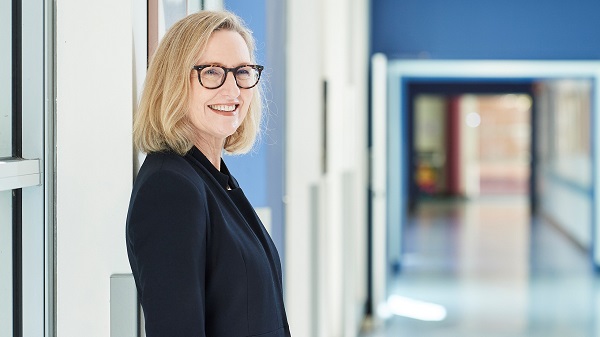Building confidence and trust in Australia’s COVID-19 vaccine roll-out
While vaccination is a vital tool in helping Australia end the COVID-19 pandemic, actually understanding people’s concerns is crucial to promote higher vaccination rates through more effective public health communication. After all, it’s the act of vaccination rather than the vaccines themselves which reduces disease spread and severity.
To help the NSW Government connect with the community during the national COVID-19 vaccine roll-out, researchers from the National Centre for Immunisation Research and Surveillance (NCIRS) are exploring which attitudes drive or hinder vaccination by conducting interviews in 3 high risk groups: healthcare workers, older adults and adults with comorbidities.
Backed by a NSW Health COVID-19 Research Grant, NCIRS Director Professor Kristine Macartney and her team aim to develop insights and strategies that build public trust and encourage people to feel confident taking a COVID-19 vaccine.

“It’s vaccination, not vaccines that save lives. So actually having those vaccines to give to people and building people’s confidence to accept those vaccines is the key that makes disease prevention work,” Macartney says.
One piece of the puzzle
By sitting down with everyone from clinicians and nurses to nursing home residents within these high risk groups, the researchers will gain valuable insights into areas such as how the pandemic has impacted people’s lives, which factors influence whether or not individuals will take a COVID-19 vaccine, and whether there is any further information that people would like to know to boost their confidence in the vaccines.
“It’s going to be one piece of the puzzle but it’s a piece of the puzzle that will hopefully allow us to be ahead of the game in ensuring that we deliver the best possible information to people to afford them the protection and ultimately enable us to have enough population-level immunity to end the pandemic,” Macartney says.
As Australia learns more about the pandemic and the SARS-CoV-2 virus itself, these types of interviews allow us to pinpoint public attitudes towards vaccination and truly connect with people during these difficult times, Macartney says.
A back and forth to build trust
After the interviews reveal why people are happy to get vaccinated or opt not to, these insights will be used for the most important step, testing and tailoring community health messaging to ensure it addresses all important facilitators and barriers to vaccination.
Health communication expert and study co-author Maryke Steffens of NCIRS says it is natural for people to ask questions about vaccination, especially a novel one they are being asked to take, and that open, transparent public health messaging is an important way to build trust and confidence in the vaccines.
“One of the ways we have to respond to hesitancy and to help build trust is via effective communication. If we respond to people’s questions and concerns, we can help build people’s confidence in the vaccines. That’s why I think this research is important,” Steffens says.
The research is part of an ongoing body of work conducted by NCIRS for over 20 years relating to attitudes to vaccination in general. Further studies on COVID-19 vaccination, such as research that examines trends in vaccine acceptance and hesitancy, will allow NSW Health to continue evolving its community messages in the future.
Updated 4 years ago